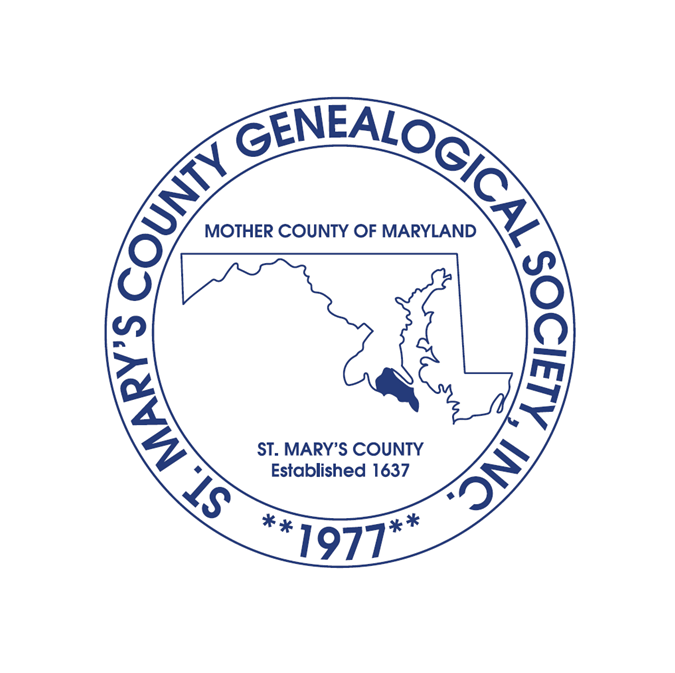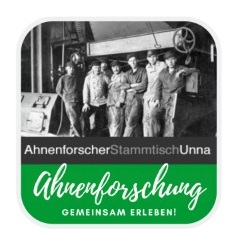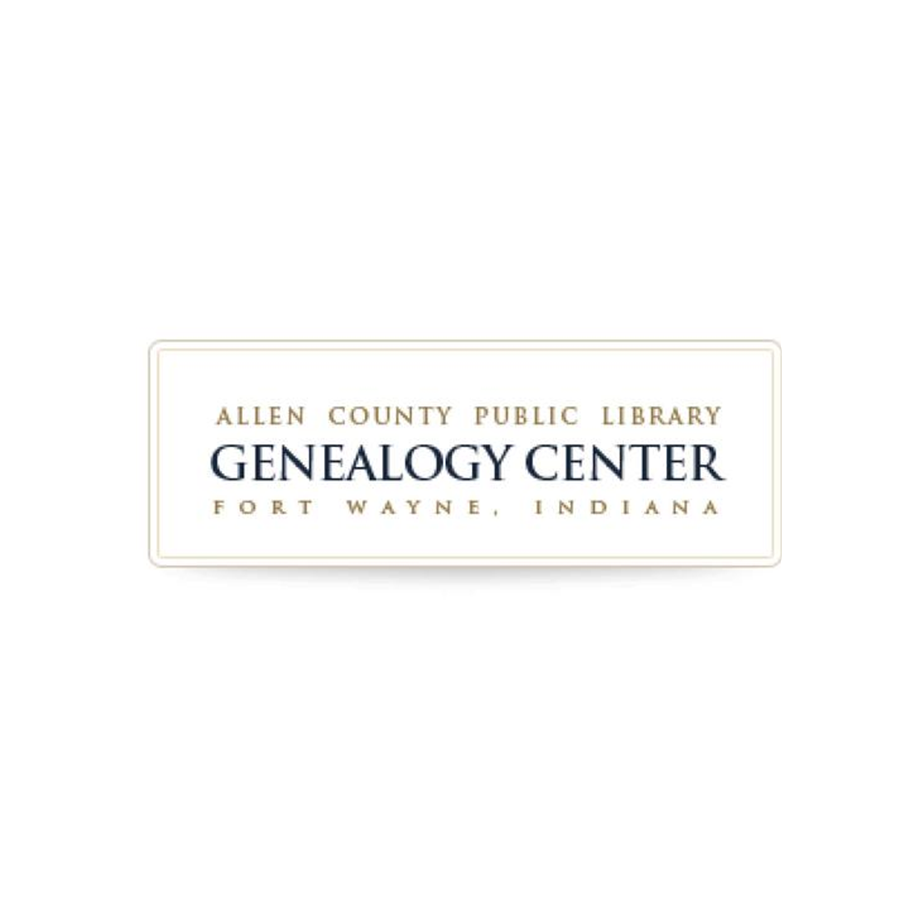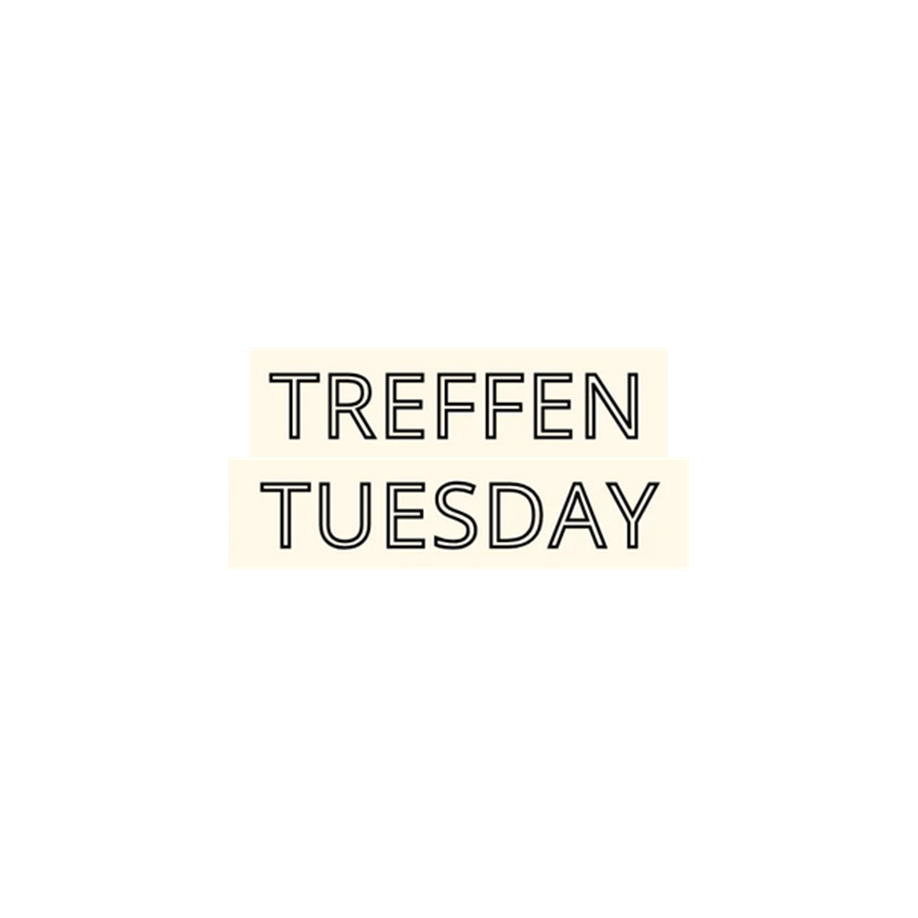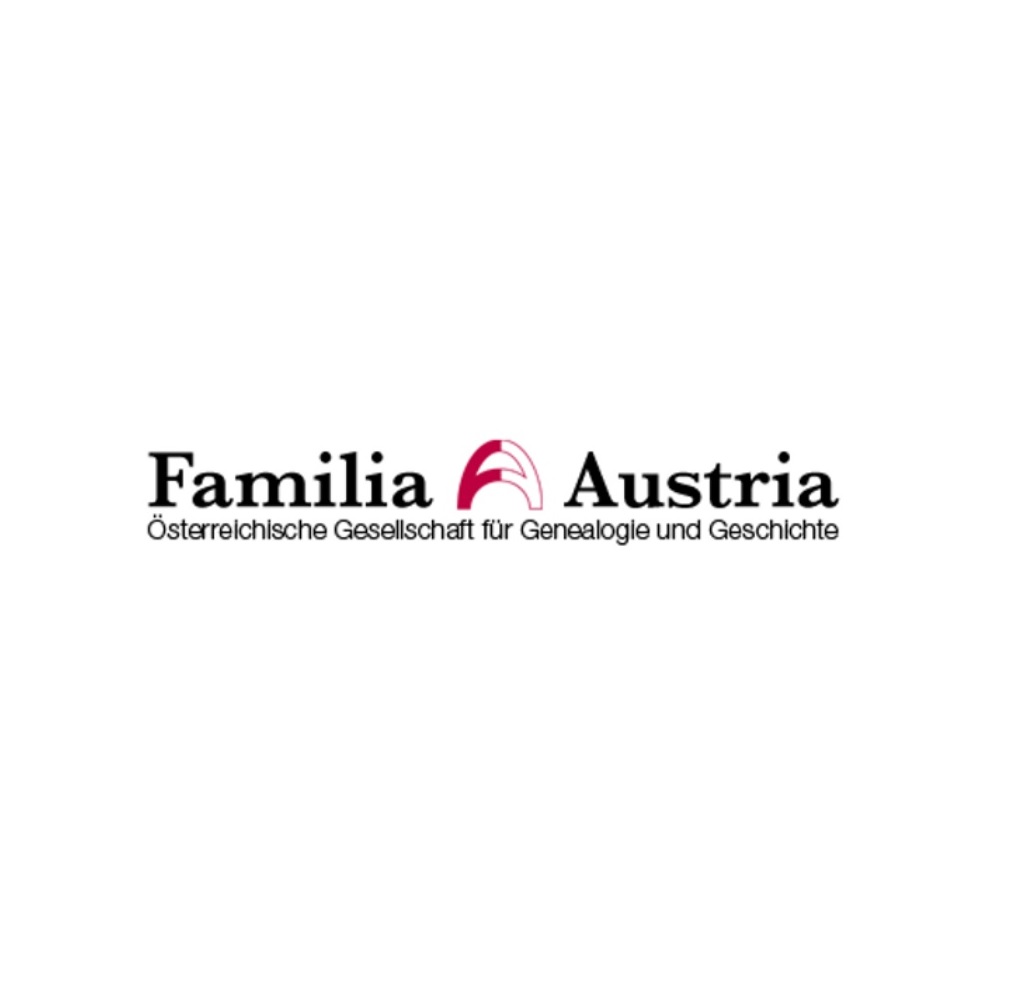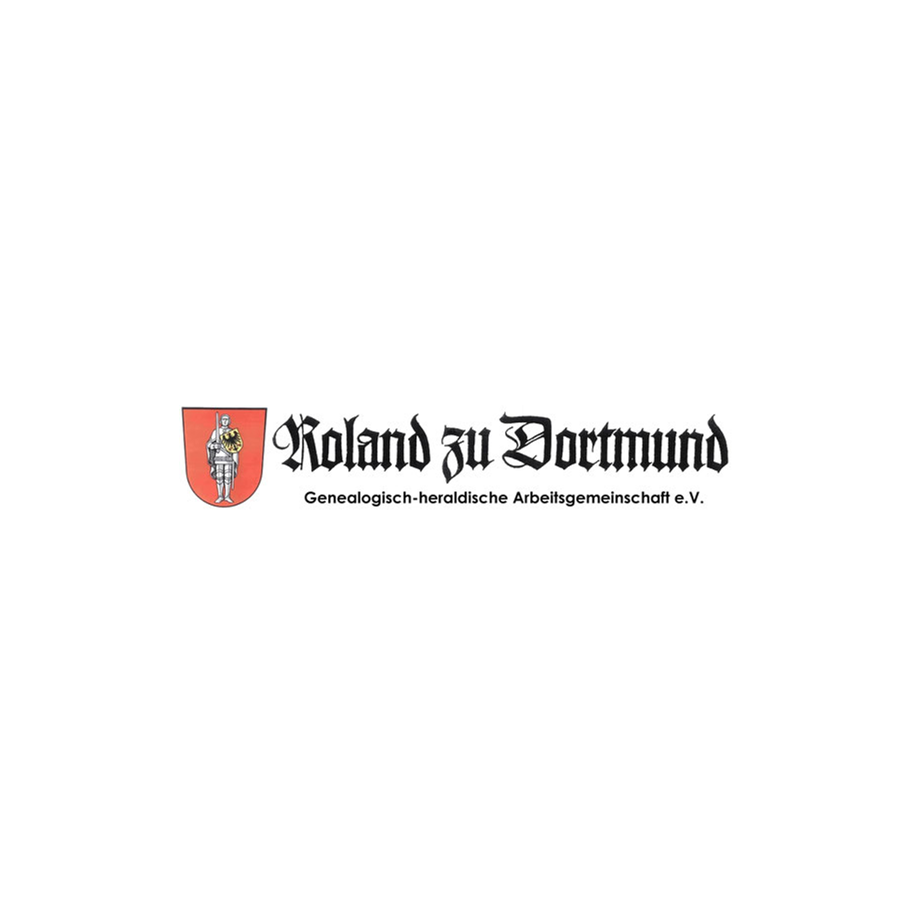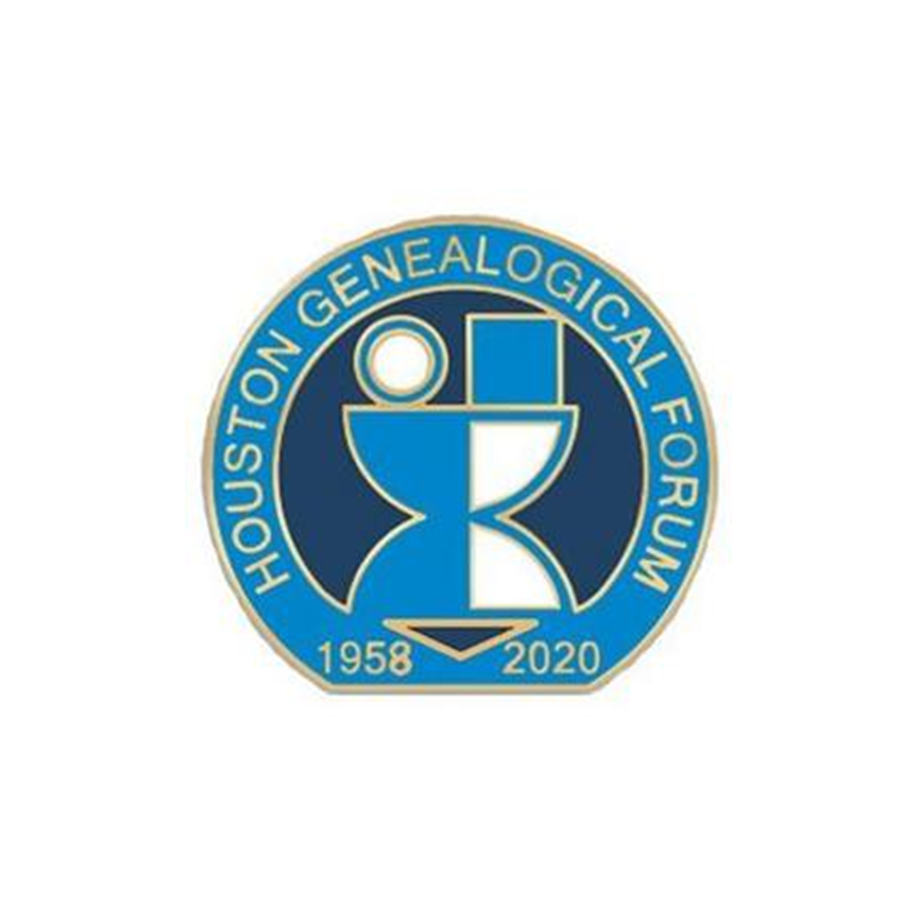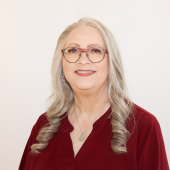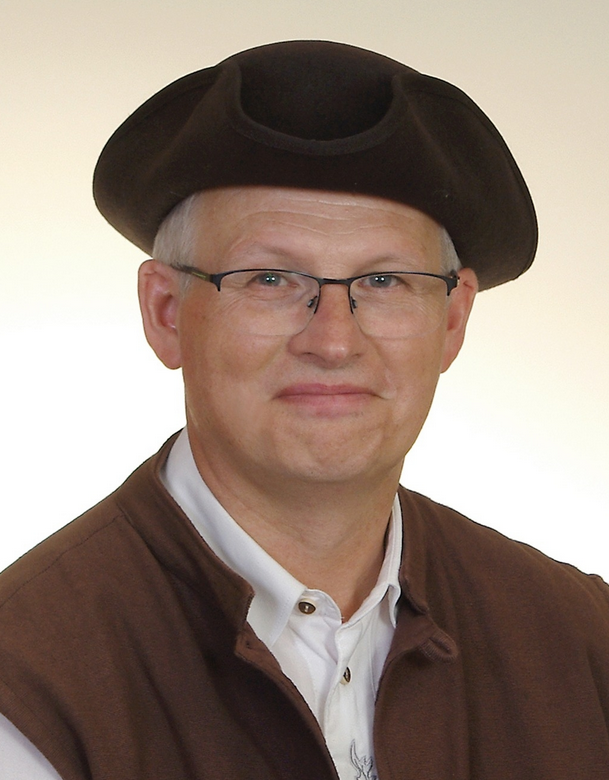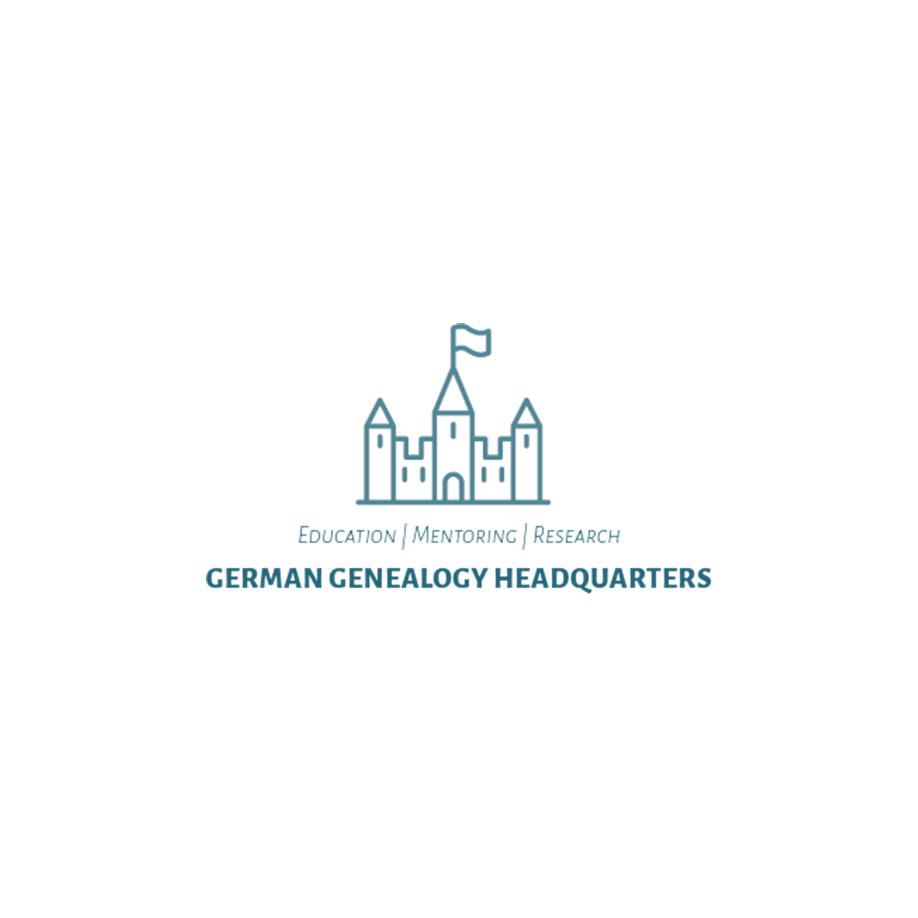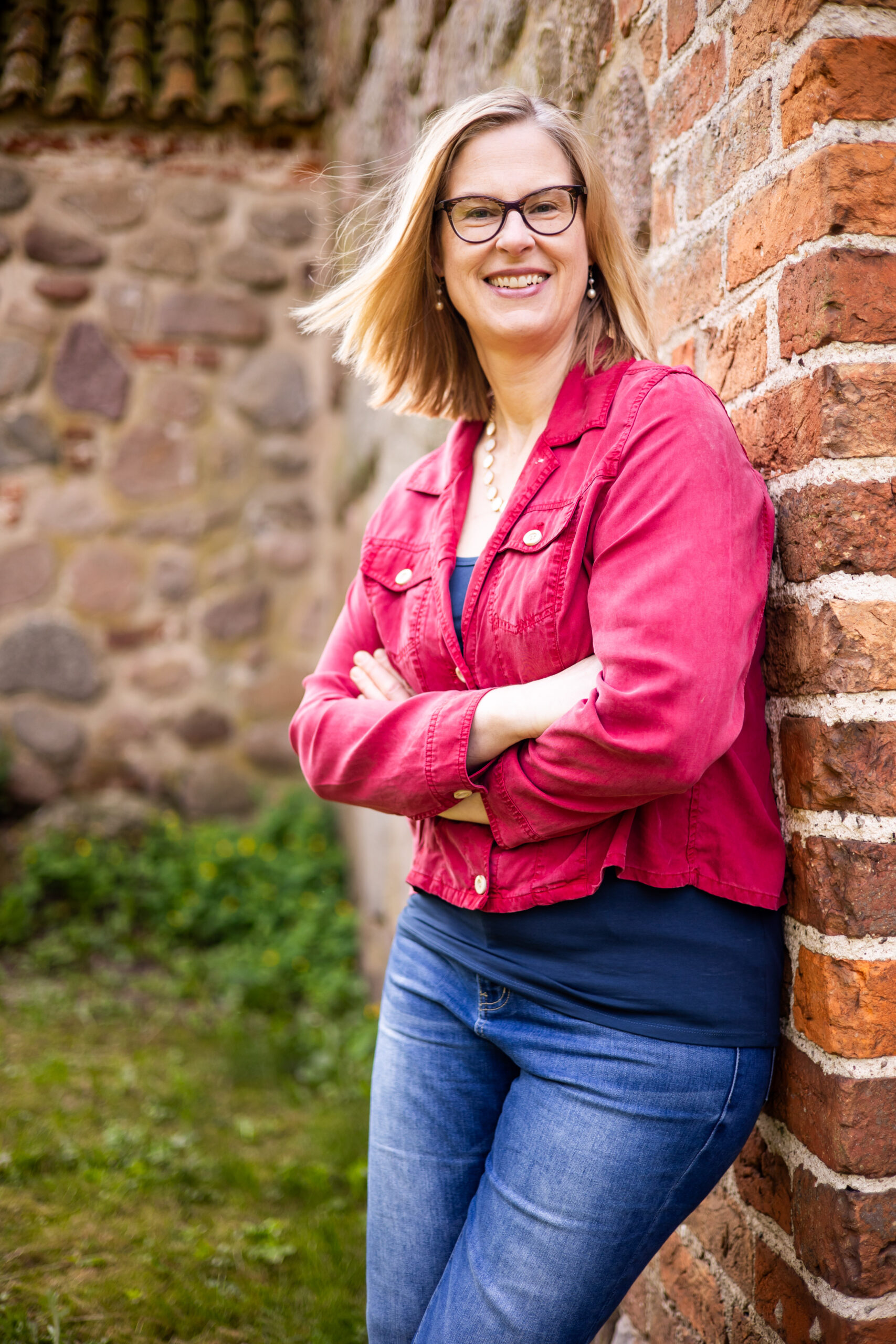
Genealogy of East and West Prussia
This is a partner event. Presenter: Ute Brandenburg. This presentation discusses the turbulent history of the former German states of East Prussia and West Prussia, now part of Poland and Russia, and introduces resources for genealogical research in the region. The evolution of German culture in these two neighboring Prussian states was surprisingly divergent. Insight […]

